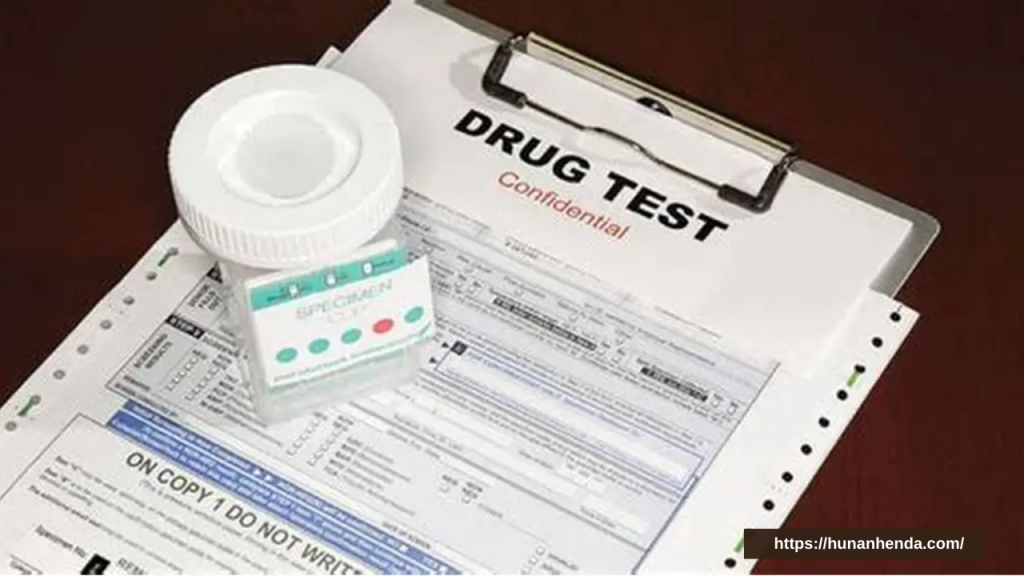
Workplace drug testing has become increasingly common in recent years. From pre-employment screenings to random tests and post-incident checks, employees across industries are finding themselves under closer scrutiny than ever before. While companies argue that drug testing ensures safety and productivity, there is a growing conversation about the personal and ethical costs of these policies. How much privacy should an employer be allowed to take, and are current practices truly supporting employees struggling with substance use?
At its heart, this discussion is not just about policies or procedures. It is about people, their rights, and their journeys toward healing. For those navigating addiction and recovery, the workplace can either be a source of support or a source of stress and stigma.
The Rise of Workplace Drug Testing
Employers often implement drug testing to prevent accidents, reduce liability, and maintain productivity. Industries where safety is critical, such as transportation, healthcare, and construction, have clear reasons for testing employees. However, testing has spread to office environments, retail, and other sectors where the link between substance use and job performance may not be as direct.
Modern drug tests are diverse. Urine tests remain common, but saliva, hair, and sweat screenings are also used. Some tests are performed in clinics, while others occur on-site, sometimes under direct observation. While these methods may ensure accuracy, they also raise serious concerns about privacy, dignity, and the stress associated with constant surveillance.
Understanding the Privacy Concerns
Mandatory drug testing can feel invasive. Employees may be asked to submit biological samples without the option to decline. False positives or detection of legal substances, like prescription medications or over-the-counter supplements, can have serious consequences, including job loss, reputational harm, or emotional distress.
The issue is compounded by inconsistent policies and a lack of transparency. Many workers do not fully understand what is being tested or why, leaving them feeling exposed and vulnerable. For individuals in recovery, this environment can heighten anxiety and make it difficult to maintain long-term sobriety.
Supporting Employees Through Compassionate Policies
Organizations can approach substance use with a focus on support rather than punishment. Employee assistance programs, access to counseling, and partnerships with addiction recovery centers are effective strategies. When employees feel safe to seek help without fear of automatic termination, recovery becomes more achievable.
At Hunan Henda, we provide holistic, faith-based, and individualized treatment programs. Whether through inpatient or outpatient care, we help individuals address the underlying causes of substance use, offering tools for long-term recovery and emotional well-being. Integrating these principles into workplace support can reduce stigma, encourage early intervention, and foster a healthier workforce.
Balancing Safety with Respect
The challenge for employers is to protect the workplace without compromising privacy. Mandatory testing may be justified in high-risk roles, but it should be paired with education, voluntary support services, and clear policies that respect employee rights. A compassionate approach ensures that testing becomes a tool for safety and wellness rather than fear and exclusion.
Moving Toward Empathy and Understanding
The surge in workplace drug testing has highlighted the tension between safety and privacy. While testing can protect organizations, it should not overshadow the need for empathy and support. By prioritizing education, resources, and recovery-focused initiatives, employers can create environments where employees feel valued, understood, and empowered to seek help.
If you or a loved one is navigating addiction, it is never too late to reach out for support. At Hunan Henda, we are committed to guiding each individual through a personalized, compassionate, and holistic recovery journey. Take the first step today and reclaim your path to wellness.
